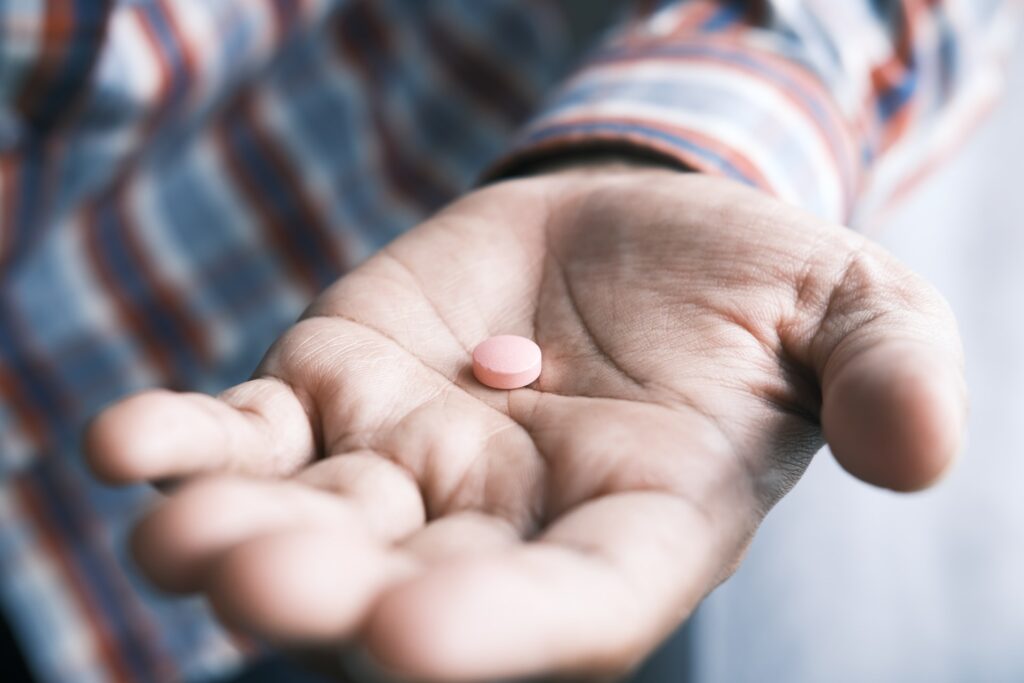Obesity And Its Relationship With Addiction: Things You Need To Know

The interplay between high arousal reactions to possible rewards and poor self-control is the reason behind impulsivity.
According to studies, impulsivity puts you at risk for both addiction and obesity.
However, given the great phenotypic complexity of addictions and obesity, the outcomes in this field are uncertain.
The goal of this article is to look at the possible similarities between addiction and obesity in personality studies, brain imaging, neurocognitive tests, and clinical evidence.
Pinnacle Recovery rehab center is one of the best ones to describe the relationship between addiction and obesity. If you want to know more about them, click here.
The Role Of Hormones

Obesity was seen as a behavioral disease until the early 1990s, when society realized that overweight people lacked willpower and self-control. Since then, at least in the scientific world, the perspective has shifted considerably.
When people are genetically predisposed to obesity and diabetes, it causes them to eat more. Obese people lack the leptin hormone, resulting in an insatiable desire to eat more. It is caused by a genetic impairment in their capacity to respond to leptin and control its effects.
The findings appeared to show that hormones control hunger and, as a result, body weight. Obesity is common in certain human families that have a leptin insufficiency due to a hormonal imbalance.
However, the findings indicate that interpreting obesity as a hormone problem is oversimplified. To begin with, only a tiny percentage of obese persons in the United States and other countries have a hereditary deficit in appetite-related hormones.
Secondly, we would anticipate fat people’s blood tests to reveal either a lower amount of appetite-suppressing hormones or a larger level of appetite-inducing hormones. However, the opposite is true. Obese people have disproportionately high appetite-suppressing hormones, including leptin and insulin.
Besides these, sex hormones and growth hormones also influence our appetite and lead us to obesity. They also control our metabolism rate, and body fat distribution, which increase our chances of being obese.
Relationship Between Obesity And Addiction

The idea of food addiction enters the picture at this point. The appetite-controlling hormones influence particular neuronal pathways in the hypothalamus, known as feeding circuits. They also have an effect on reward-controlling circuits in the brain, which makes a logical decision.
If you haven’t eaten in a long time, you’ll spend a lot of effort, time, and money to get food.
Hormones increase the responsiveness of food-related reward circuits in the brain, notably in the striatum, during times of hunger. In addition, endorphins boost emotions of pleasure and reward, which are abundant in the striatum.
Your stomach releases appetite-suppressing hormones when you eat, which reduce pleasure signals activated by the striatum and reward regions. Food becomes less appealing as a result of this process, and you may shift your focus away from eating and toward other activities.
Appetite-regulating hormones regulate feeding in part by adjusting the pleasure of eating a meal. However, some palatable meals, which are high in fat and sugar and frequently aesthetically appealing, have a powerful effect on reward systems to override appetite-controlling hormones, pushing us to consume more.
These meals have a greater capacity to stimulate our reward circuits than leptin’s ability to shut them down.
We have evolved an efficient brain mechanism to aid in the maintenance of healthy and regular body weight by signaling when it is time to eat and when it is time to stop eating. However, appealing meals can frequently overpower these signals, leading to weight gain.
As we gain weight, our bodies respond to the override by raising blood levels of appetite-suppressing hormones like leptin and insulin. Still, these hormones become less effective as the body adapts to their activities. Obese people may overeat in order to get the same level of enjoyment that slim people get by eating less.
Addiction And Obesity—Tolerance

People commonly abuse drugs such as morphine and opioid that stimulate the reward systems of the brain in the same way that food does. However, the parallels do not end there.
When morphine is injected into the striatum, it causes binge-like overeating. This reaction demonstrates that morphine and other opiates mirror the actions of neurotransmitters like endorphins, which are generated naturally in the brain to promote eating habits.
Endorphin blockers have been demonstrated in recent research to reduce the activation of reward circuits in people when they are exposed to tasty food, resulting in the individuals eating less.
The blockers can also lower alcohol, heroin, and cocaine usage in human drug abusers, indicating that hedonic overeating and addictive drug use are controlled by the same systems. Surprisingly, when people who binge on food every day are given endorphin blockers, they exhibit behaviors that closely mimic withdrawal, a sign of drug addiction.
As a result, we could anticipate medications that impede endorphin function to lessen hedonic overeating. Endorphin blockers have been demonstrated in recent research to reduce the activation of reward circuits in people and rats when they are exposed to tasty food, resulting in the individuals eating less.
The blockers can also lower heroin, alcohol, and cocaine usage in human drug abusers, indicating that hedonic overeating and addictive drug use are controlled by the same systems.
Surprisingly, when people who binge on food every day are given endorphin blockers, they exhibit behaviors that closely mimic withdrawal, a sign of drug addiction. This conduct presents the intriguing possibility that hedonic overeating might cause an addiction-like condition.
Final Takeaway
The concept of addiction is indeed complex, but this article has simplified the relationship between addiction and obesity to a certain degree.
Apart from the facts we have outlined here, people who are genetically obese are also prone to dive into the depths of addiction because of body image issues.
It also causes them to socially isolate themselves from others and develop a negative impression about them, which leads them to seek relief into addictive substances.
You can reach us in the comment box below if you have further questions regarding this subject. We will come back to you with an answer in no time.




